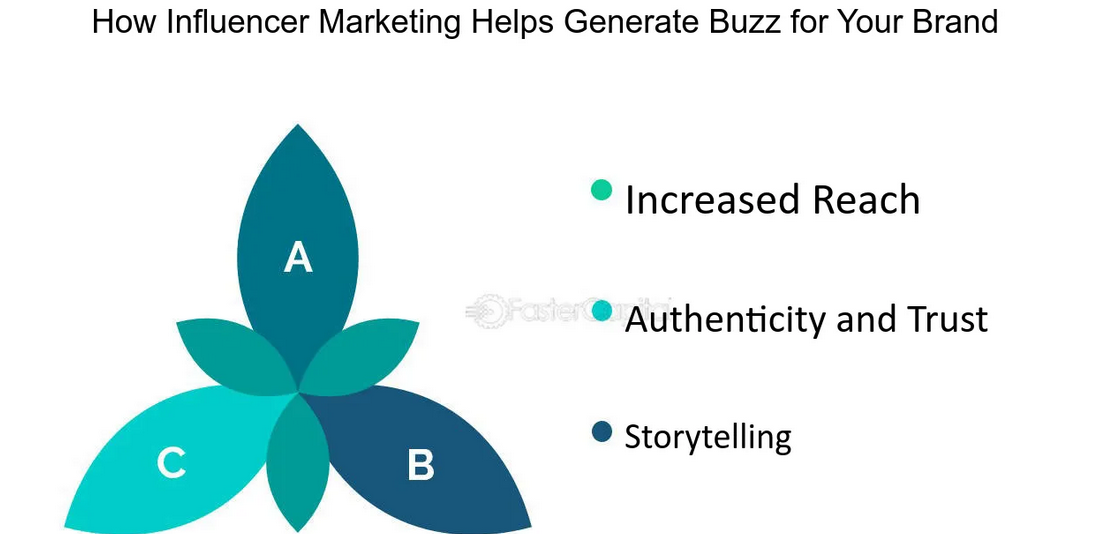Influencer marketing has the potential to promote unrealistic lifestyle expectations, and this concern has been raised by critics and researchers. Here are some reasons why influencer marketing may contribute to the perception of unrealistic lifestyles:

Curated Content:
Selective Presentation: Influencers often curate and selectively present aspects of their lives, showcasing a highlight reel rather than the full reality. This can create an illusion of a perfect and glamorous lifestyle that may not be representative of their everyday experiences.
Luxury and Materialism:
Promotion of Consumerism: Influencers frequently collaborate with brands to showcase luxury products, experiences, and lifestyles. This can lead to the promotion of materialistic values and the idea that happiness is linked to possessions.
Body Image and Beauty Standards:
Filters, editing tools, and professional photography can create an idealized version of physical appearance.
Exotic Travel and Adventure:
Constant Travel and Adventure: Many influencers share content from exotic locations, portraying a constant life of travel and adventure. This can create expectations that such a lifestyle is achievable and sustainable for everyone.
Emphasis on Perfection:
Filtered Reality: The use of filters and editing tools can contribute to a filtered version of reality, fostering the perception that life should be flawless and devoid of imperfections.
Sponsored Content Misrepresentation:
Authenticity Concerns: Some influencers may face criticism for promoting products or experiences solely for financial gain, potentially misrepresenting the authenticity of their endorsements.
It’s important to note that not all influencers contribute to unrealistic lifestyle expectations, and many are transparent about the curated nature of their content. Some influencers actively promote authenticity, sharing both the positive and challenging aspects of their lives.
Consumers and followers can play a role in mitigating the impact of unrealistic expectations by approaching influencer content critically, understanding the curated nature of social media, and promoting authenticity in the influencer space.
